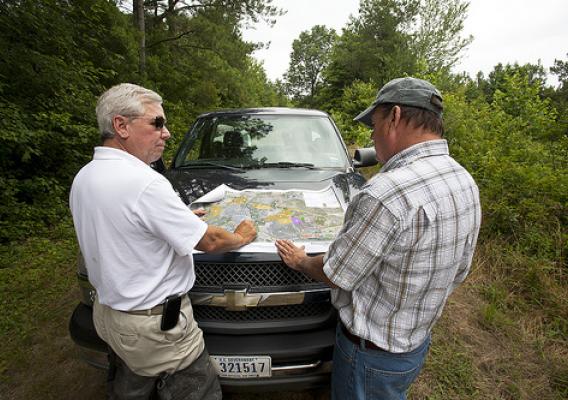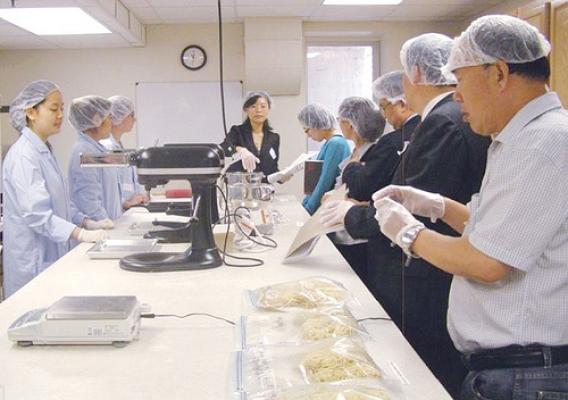As drought continues across America today, President Obama and I are committed to taking every possible step to help farmers and ranchers, businesses, and communities recover when disaster strikes.
Meanwhile, it is disappointing to many in rural America that Congress has not taken action on a comprehensive, multiyear Food, Farm and Jobs Bill that would give rural families more certainty in a tough time. I continue to remind folks in Washington that we need a comprehensive Food, Farm and Jobs Bill as soon as possible to keep rural America growing in the years to come.
Especially in a time of drought, we’re reminded of the great importance that conservation of our natural resources plays in the lives of all Americans – and today USDA continues its record efforts to conserve, restore, and protect America’s land and water.
Since 2009 USDA has partnered with more than half a million private landowners to enroll a record number of acres in conservation programs. We’ve accelerated protection of critical wetlands, enrolling more than 800,000 acres in programs to enhance water availability.









